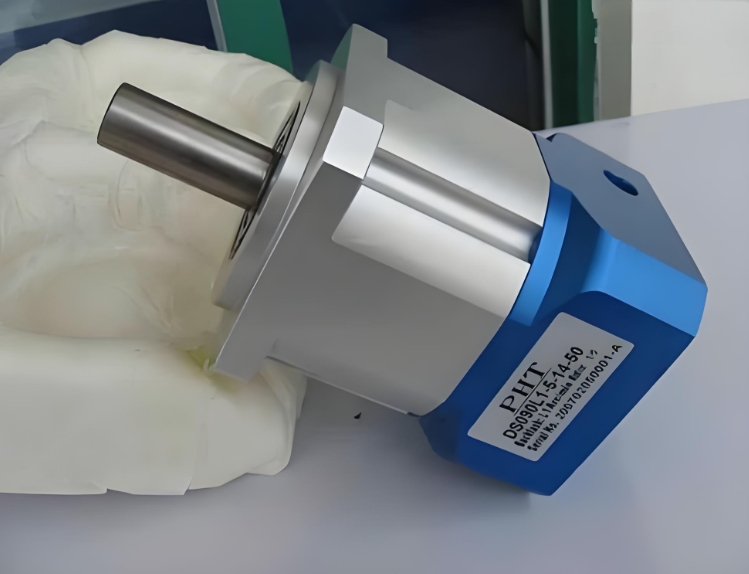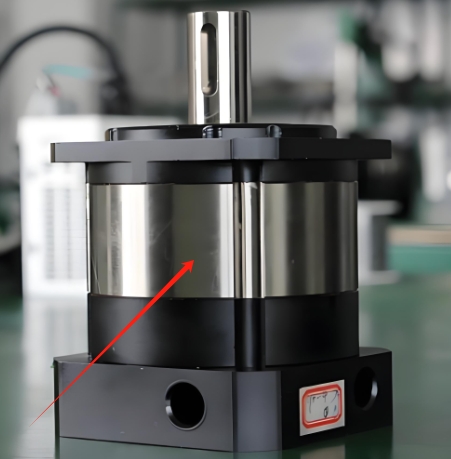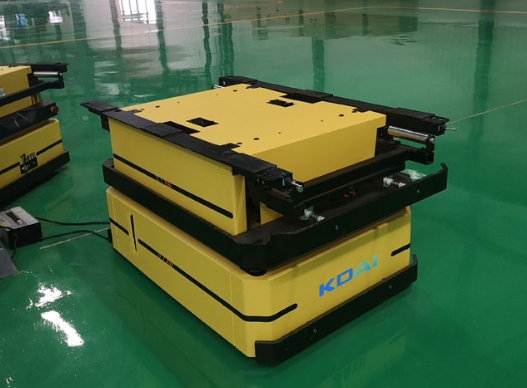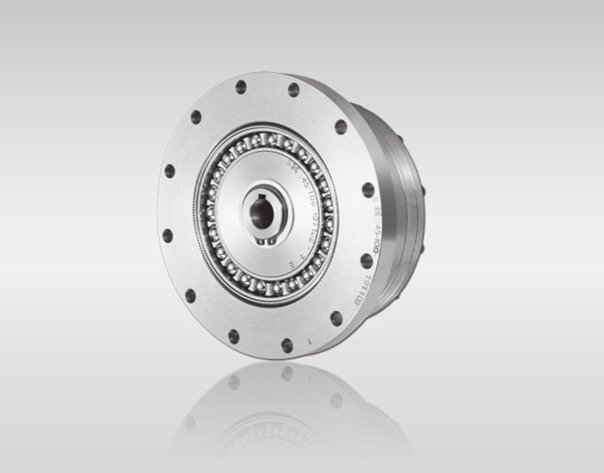
Gear reducers play a pivotal role in industrial production, serving not just as a part of mechanical transmission systems but as a key element in process optimization and efficiency enhancement. This article delves into how gear reducers change industrial production processes, explaining their functions and highlighting their significance in improving production efficiency, safeguarding equipment, and optimizing energy utilization.
1. Power Transmission and Speed Regulation: One of the fundamental functions of gear reducers is to convert high-speed, low-torque power from motors into low-speed, high-torque power, adapting to the varied operational requirements of different machinery. This power transmission mechanism enhances the flexibility of equipment to adapt to various stages of the production line, ultimately improving overall operational efficiency.
2. Load Balancing and Protection: Gear reducers also play a crucial role in load balancing and equipment protection. By reducing the output speed, gear reducers can balance loads between different components, ensuring the coordinated operation of various parts and extending the lifespan of equipment. Moreover, gear reducers prevent equipment damage due to sudden increases in load, contributing to the overall protection of the production system.
3. Precise Control of Production Steps: The presence of gear reducers makes it easier to precisely control industrial production processes. By adjusting the speed ratio of gear reducers, producers can accurately control the operating speed and duration of each production step, ensuring product quality and consistency. This is particularly crucial in industries with stringent precision requirements, such as automotive manufacturing and electronics production.
4. Energy Efficiency and Environmental Impact: Gear reducers play a critical role in optimizing energy efficiency and reducing environmental impact. Through appropriate speed ratio designs, gear reducers can maximize energy utilization efficiency, minimizing energy wastage. This positively impacts sustainable development, lowers production costs, and contributes to environmental conservation.
5. Automation and Smart Manufacturing: As industrial automation and smart manufacturing continue to evolve, the intelligence of gear reducers becomes increasingly significant. By integrating sensors and control systems, gear reducers can achieve real-time monitoring and remote control, adapting more effectively to the diverse needs of different production environments. This lays a solid foundation for the automation and digitization of production processes.
In conclusion, gear reducers play a vital role in industrial production processes, bringing about significant changes through power transmission and speed regulation, load balancing and protection, precise control of production steps, energy efficiency optimization, and automation in smart manufacturing. As the industrial landscape continues to evolve, further innovation and application of gear reducers will continue to drive the optimization and enhancement of production processes.
 English
English Deutsch
Deutsch Русский
Русский Español
Español

















Quote Now